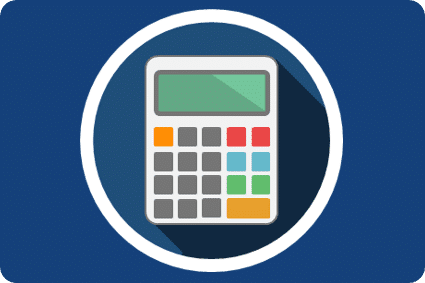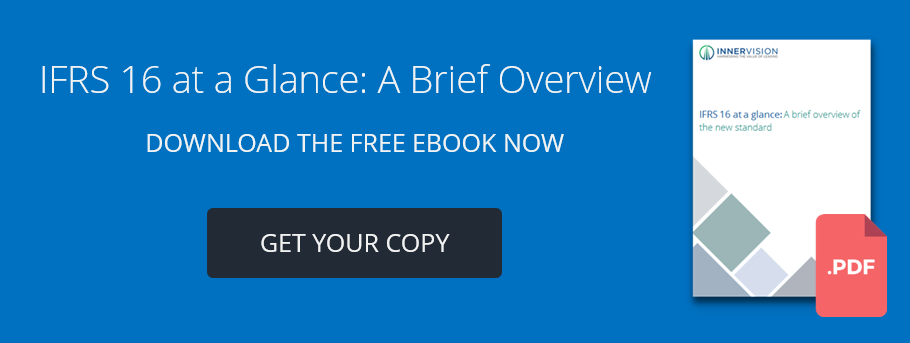IFRS 16 Causes HMRC to Consider New Lease Tax Treatment
Updated 26th May 2021 | 4 min read Published 19th August 2016

The biggest change to lease accounting in 30 years is already having a large impact on lessees’ finances and now HMRC is considering whether to reform the tax treatment of plant and machinery leases.
HMRC published an initial Discussion Document on the 9th August this year, which includes and encourages feedback on how the new lease accounting treatment will impact tax treatment and four potential solutions under consideration.
IFRS 16 aims to bring greater clarity and comparability to lease accounting by improving the transparency of lease commitments on financial statements. This is hoped to be achieved through a change in “off balance sheet” operating lease treatment. £2 trillion worth of lease commitments will come onto balance sheets globally as lessees will be required to recognise the assets and liabilities arising from a lease on balance sheet.
Click here for more on lease accounting changes and IFRS 16 updates
Businesses using UK GAAP (not reporting under FRS 101) will not be impacted by IFRS 16 unless UK GAAP changes lease accounting to match the new standard; this reform would not take place until 2022 at the earliest. Companies using IFRS or FRS 101 will be impacted, with IFRS 16’s implementation date set as the 1st January 2019.
The changes in lease accounting recognition from the existing IAS 17 to the new standard, IFRS 16, will compromise the current tax legislation in a few ways:
- Some aspects of tax legislation are based upon whether an arrangement contains a lease. IFRS 16 contains a new definition of a lease that may mean that some contracts formerly recognised as leases may no longer meet the criteria and vice versa. This could impact how the agreement should be treated for tax purposes.
- Other aspects of lease legislation are applied differently depending on whether the lease is a finance lease or an operating lease. With IFRS 16 changing the categorisation of leases in accounting terms, this will have an impact on a lessee’s entitlement to rules such as the long funding lease rules.
The HMRC’s published discussion document highlights that although IFRS 16 creates some broken links between the accounting tax aspects of plant and machinery leases, the developments within the market since the financial crisis have also put different demands of the tax system and a new regime for the tax treatment of leases may be worth considering alongside maintaining the current status quo.
Banks were the leaders within the leasing market, especially in big ticket leasing, largely due to the tax benefits that could be derived from capital allowances.
However, the lack of liquidity and tax capacity from the world economic crisis, the introduction of the long funded lease regime and sale of lessor company provisions and the fall in rates of both capital allowances and tax has seen the Bank’s leading status overtaken. A more specialised asset finance marketplace has established itself, with a greater focus on hire purchase and different types of investors taking up the mantle. At the smaller end of the leasing market, the lessees have the potential to use the cash basis for tax purposes, where capital allowances and the complexities of accounting are not relevant.
These changes, alongside the impact of IFRS 16, have helped develop HMRC’s considerations and they have included four separate options for entities to comment on. Businesses, advisors and representative bodies have been called upon to join the discussions and send feedback to paul.hindley@hmrc.gsi.gov.uk by 30 October 2016.
This is not the first example of lease accounting changes encouraging reforms in existing processes. With such a focus on the organisation and centralisation of lessees’ lease portfolios, companies are realising the opportunity for a reform in their lease management, end of lease and new lease arrangement processes. The collation of lease data is one of the first preparatory stages of IFRS 16 implementation and although a majority of business have recognised this will be a challenging task, only a worrying minority have actually started the data collection and analysis stage.
Companies are realising that they need to review their current processes for managing their leases and should consider whether their current software solutions are still suitable for the developments. Alongside implementation and compliance, entities will gain a greater control of their leasing activities with lease accounting and management software.
This internal review and assessment on the company’s leases will likely reveal various inefficiencies, such as overspends, unfavourable return clauses and unwanted lease extensions. Chairman of the IASB, the board behind the development of IFRS 16, has highlighted how previous reforms in accounting standards have led to better management and internal recognition of processes. Chairman Hans Hoogervorst has referenced earlier reforms regarding pensions as a great example of how businesses are encouraged to analyse and find further cost saving opportunities through making their processes more efficient.
The global changes to lease accounting are another prime example of how the initial preparatory work for IFRS 16 compliance will also encourage a knock-on effect for further reform and efficiency. To see more on lease accounting software and how businesses are using the new standards as a potentially profitable opportunity, follow this link.
Disclaimer
Innervision are not, nor claim to be, tax experts or advisors. This article is not intended for use as a source of legal, business, accounting or financial advice. All readers are advised to seek services of competent professionals in the legal, business, accounting, and finance fields regarding the potential changes to tax treatment.


